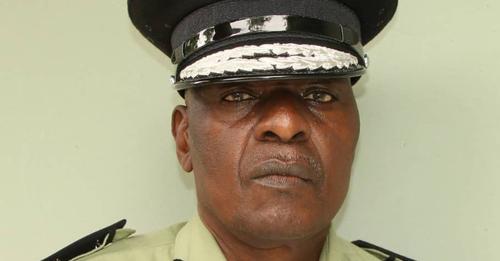GOVERNMENT has revealed that the country will continue experiencing high temperatures in the months of June and July, a period which is considered as winter in Zambia.
Minister of Green Economy and Environment Collins Nzovu said in a statement that the high temperatures are attributed to the El Nino conditions being observed over the equatorial Pacific Ocean and the warmer Indian Ocean sea surface temperatures.
Nzovu said there had been an increase in the heat trapping Greenhouse Gases in the atmosphere globally which is fuelling the high temperatures being observed.
Recently, citizens did not need to use machines or gadgets to note that temperatures were not normal for the period as Ice cream traders still had the audacity to go round selling ice lollies like it’s summer.
The current condition has spared some bachelors from the cliche’ sermon of finding a partner during Winter as they still haven’t even rekindled their relationships with their warm clothes or thick blankets to wrap themselves in during a June night.
Nzovu said observations from meteorological stations across the country indicated that high temperatures were recorded since the start of May with most days recording warmer than normal temperatures for both day and night exceeding two degrees celsius above average.
“Temperature forecast for June and July indicate that Zambia will continue experiencing high temperatures above normal for both day and night. However, episodes of cooler night temperatures may be experienced for a few days over Gwembe, Ndola, Mansa, Mwinilunga, Kasempa, Kabompo, Livingstone and Mbala Districts and surrounding areas,” Nzovu added.
Nzovu said the expected high temperatures may drive increase in energy demands for cooling and irrigation.
He also said it may provide favourable conditions for agriculture pests as well as human and animal diseases to thrive.
“In addition, the increased water losses due to evaporation resulting from the high temperatures may affect water levels in dams and other water bodies,” said Nzovu.
Kalemba




